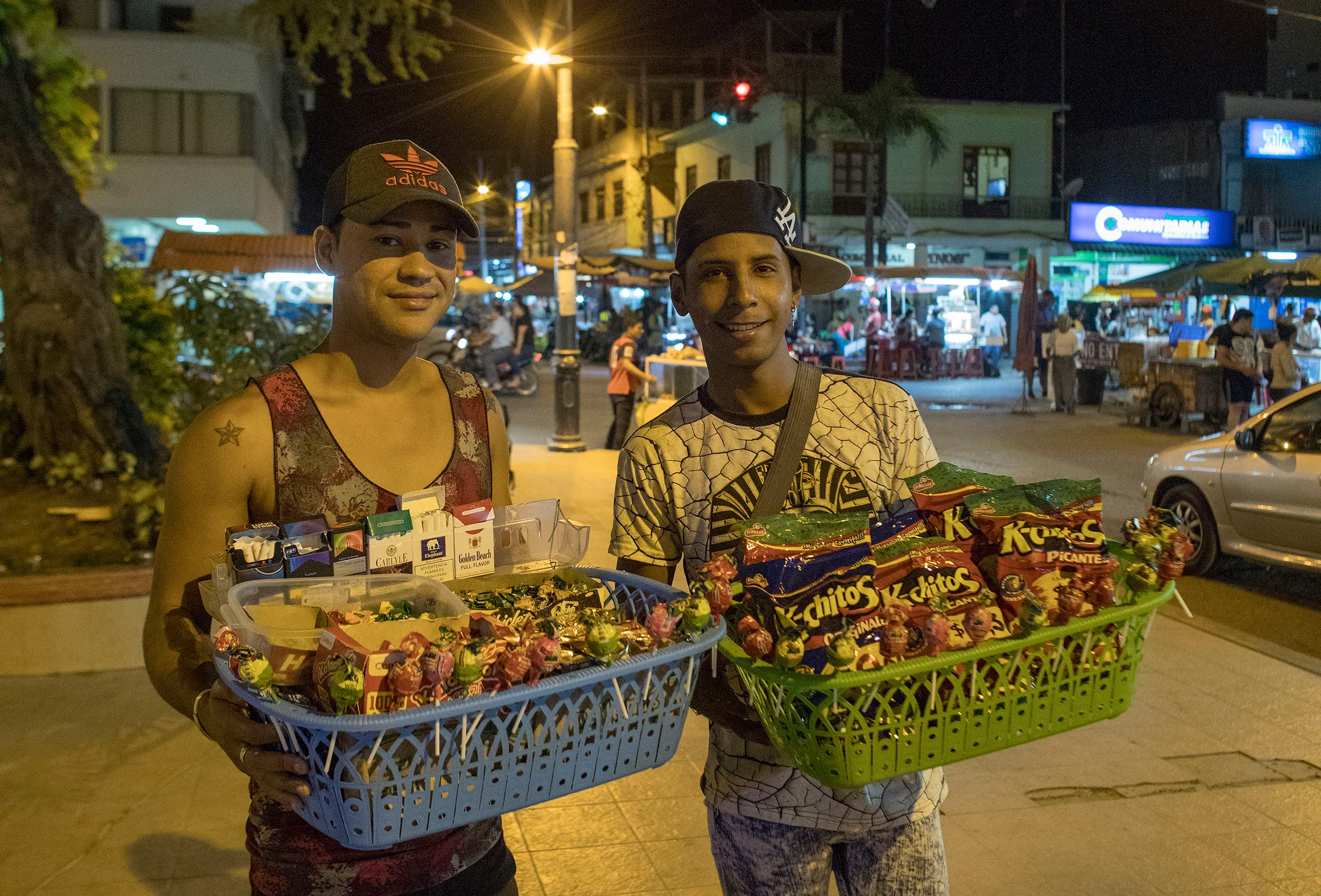When Gabriel Faran and Diones Benitez lived in Venezuela, they struggled to cope due to the economic and humanitarian crisis that has devastated the country.
“There was no electricity, no water. Everything was very difficult,” says Diones, a 26-year-old art student who worked as a graphic designer at a dance studio. His partner, Gabriel, 27, a medical student, choreographer and dancer, also struggled to cope.
Despite having jobs, both Diones and Gabriel — who had several dependents, including family members with special needs — could no longer afford basics, even for themselves. Like other Venezuelans, their purchasing power was essentially worthless due to hyperinflation which reached a rate of 1,300,000 percent by the end of 2018.


![Gabriel, right, says the couple may resettle in Huaquillas, Ecuador. “We are happy here,” he says. “I am thinking of bringing my mom [from Venezuela], so we can settle down.” Photo: Josh Estey/ CARE](https://www.care.org/wp-content/uploads/2020/05/ECD-2019-JE-0356.webp)